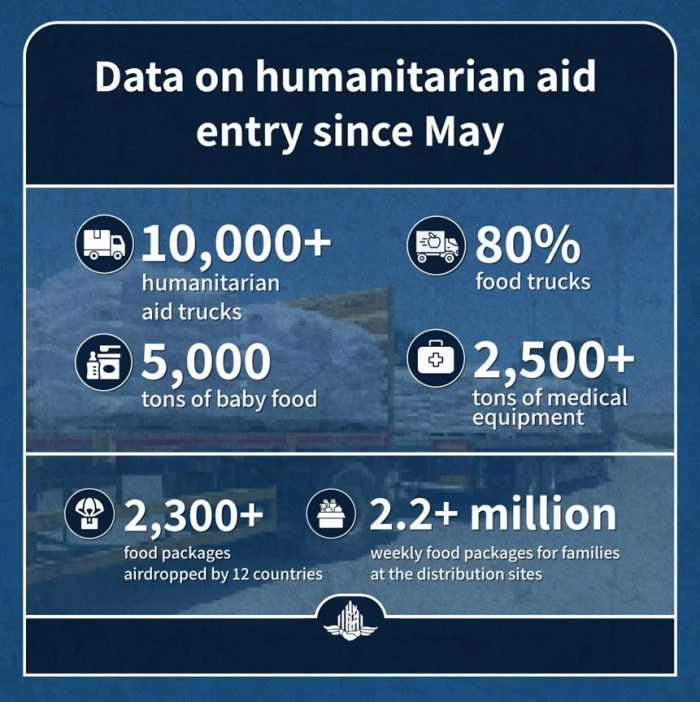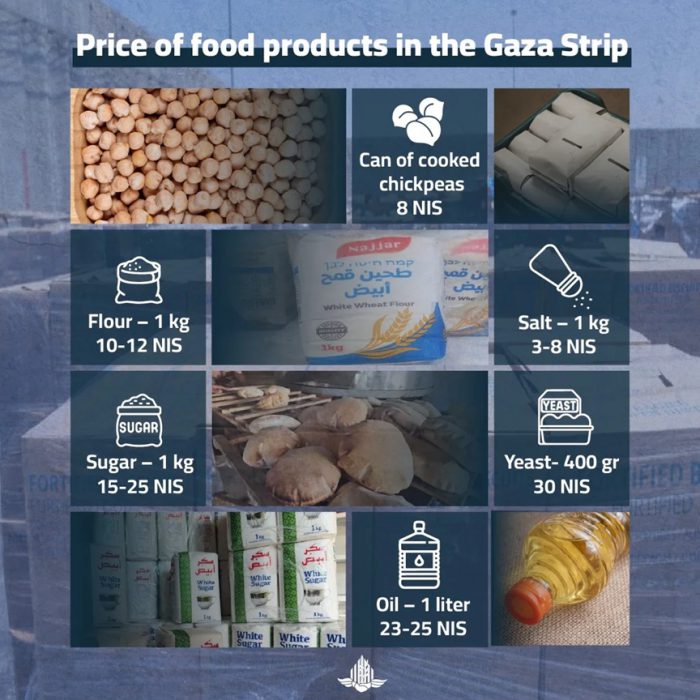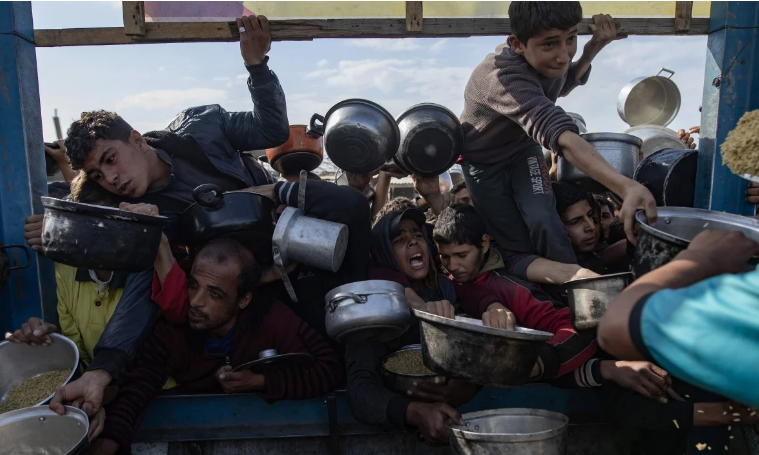Israel’s COGAT has fiercely rejected the latest IPC food security report on Gaza, branding it a Hamas-driven propaganda tool riddled with distortions, while highlighting Israel’s massive humanitarian aid efforts.
The Coordinator of Government Activities in the Territories (COGAT), Major General Ghassan Alian, issued a blistering rebuttal on Friday to the newly released IPC food security report on Gaza. Alian accused the IPC of publishing a politically motivated, methodologically flawed, and factually distorted assessment that echoes Hamas propaganda rather than reflecting the real humanitarian situation on the ground.
COGAT’s counter-report, prepared with Israeli and international professional bodies, exposes critical gaps and falsehoods in the IPC’s conclusions. According to COGAT, the IPC’s famine claim—particularly concerning Gaza City—is baseless, inaccurate, and dangerous, relying on unpublished phone surveys, unreliable UNRWA data (tainted by Hamas operatives), and biased NGO sources.
“The IPC deliberately ignored verified data provided in meetings ahead of its publication,” COGAT declared. “Since May, over 10,000 aid trucks—80% carrying food—have entered Gaza, dramatically increasing food availability, lowering prices, and improving civilian access.”
COGAT stressed that the IPC’s refusal to account for this surge in aid, along with Israel’s facilitation of water and medical supplies, discredits the report and raises suspicions of political manipulation. By presenting an incomplete and misleading picture, Israel argues, the IPC is effectively serving Hamas’ propaganda campaign and misleading international decision-makers.
Major General Alian underscored:
“The IPC report relies on Hamas-linked sources and dismisses the extensive humanitarian efforts led by Israel and its partners. This is not a neutral assessment but a biased narrative designed to smear Israel while shielding Hamas’ exploitation of aid.”
COGAT called on the international community to “act responsibly, reject false narratives, and examine the full data and facts on the ground” instead of amplifying what it describes as fabricated famine claims.







